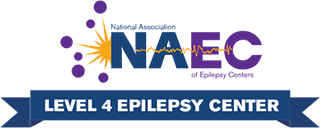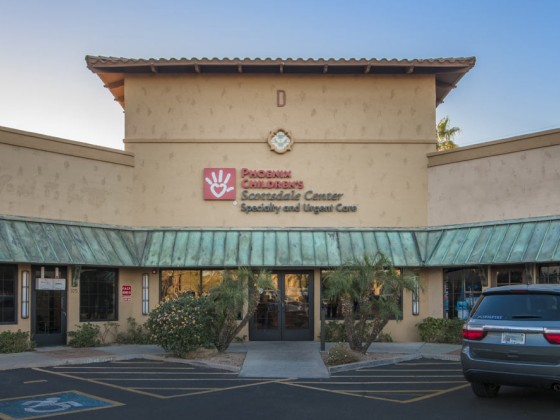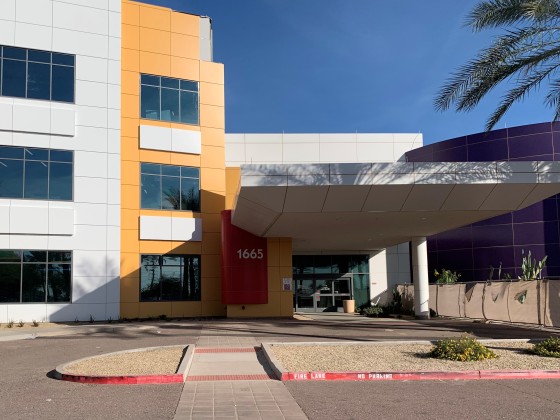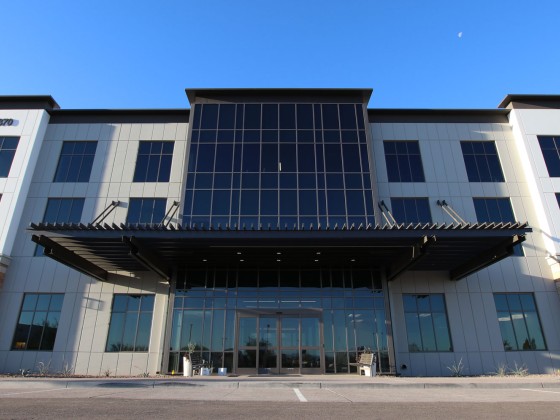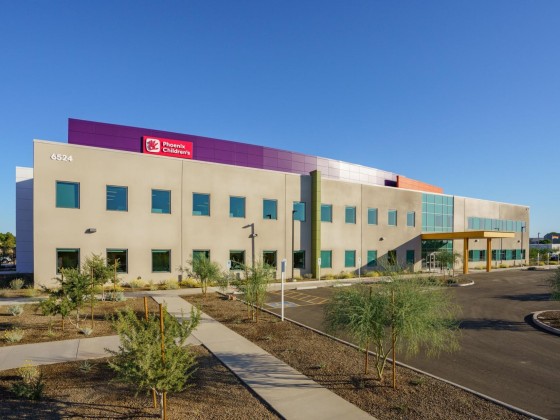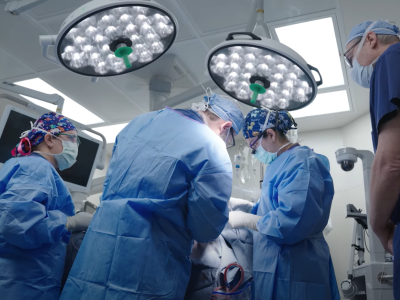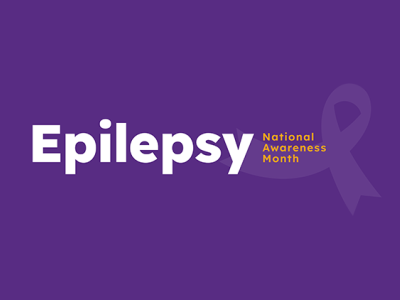The Epilepsy Program at Barrow Neurological Institute at Phoenix Children’s is Arizona's leading pediatric epilepsy program, recognized nationally for excellence. We know that epilepsy is more than just a medical issue — it's a journey that impacts the entire family. With epilepsy affecting approximately 1 in 26 people over their lifetime, and children being the most frequently diagnosed, we are committed to offering more than just medical care. We provide a supportive and compassionate environment where advanced treatment and hope are seamlessly integrated.
As Arizona's only health system with a level 4 designation by the National Association of Epilepsy Centers, our program stands at the forefront of pediatric epilepsy care. This distinction reflects our deep commitment to providing the most advanced, comprehensive treatments available. Our expertise is enhanced by cutting-edge technology and innovative techniques like laser ablation and responsive neurostimulation, designed to offer your child the best possible outcome. These treatments are more than just medical innovations; they offer the potential of a brighter, seizure-free future for your child.
At the core of our program is a family-centered approach, where our team of nationally acclaimed pediatric epilepsy specialists works closely with you to meet your child's unique needs. Expertise in epilepsy management leads to better seizure control, which can significantly improve your child’s quality of life. Our mission goes beyond merely managing seizures; it focuses on empowering your child to live a full and vibrant life. We offer personalized care plans tailored to meet your child’s specific needs and adapt them as they evolve. We also empower families with the knowledge and resources necessary for managing epilepsy at home.
Our dedication and expertise in has earned us a national ranking by U.S. News & World Report for neurology and neurosurgery. We specialize in treating rare and complex forms of epilepsy and have one of the world’s leading programs for the research, evaluation and treatment of patients with hypothalamic hamartomas.

